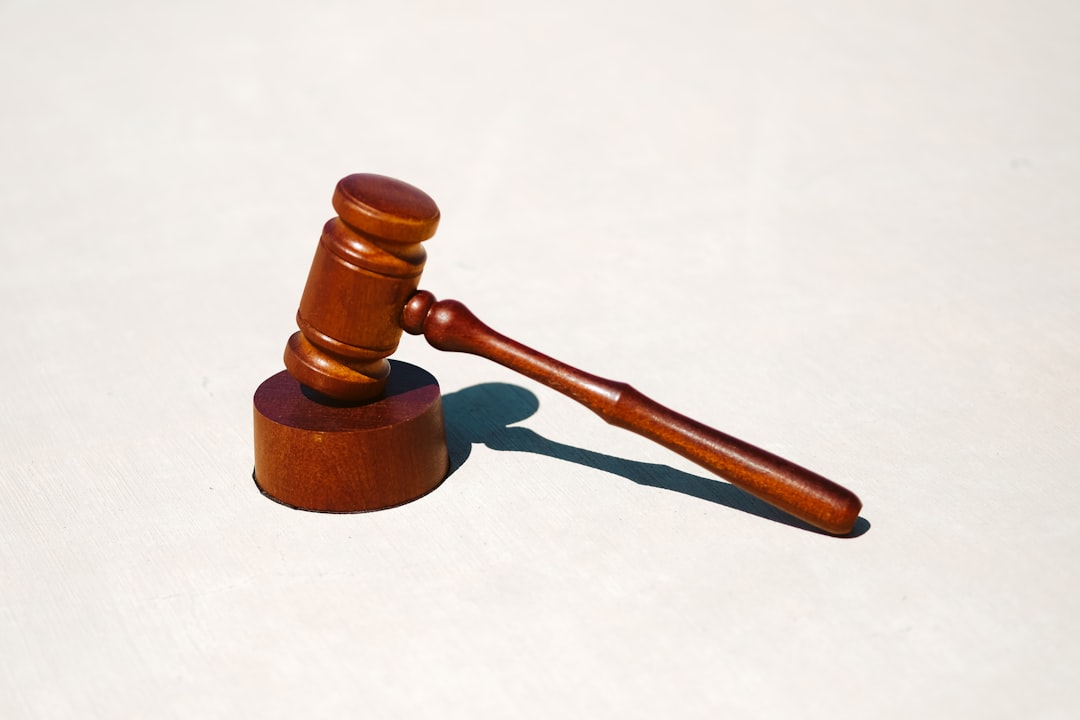In California, strict child abuse laws prioritize minor protection. These laws mandate reporting by professionals and define abuse/neglect through detailed regulations. Robust evidence, including medical records, witness statements, and digital media, is key to achieving justice. Child abuse law firms in California guide victims through gathering and preserving evidence, which can lead to protective orders or criminal charges. Individuals should document interactions, record injuries, maintain logs, and secure important records with expert guidance from reputable child abuse law firms in California.
In San Diego, navigating child abuse cases requires a thorough understanding of California’s stringent child abuse laws. This article serves as a guide for parents, advocates, and legal professionals seeking to gather compelling evidence in such cases. By exploring types of acceptable evidence, learning effective collection and preservation strategies, you’ll gain insights crucial for supporting victims and ensuring justice through reputable child abuse law firms in California.
Understanding Child Abuse Laws in California

In California, child abuse laws are stringent and designed to protect minors from any form of harm or neglect. Understanding these laws is crucial for anyone involved in a child abuse case, especially when seeking legal assistance from reputable child abuse law firms in California. These laws define what constitutes child abuse and neglect, setting clear guidelines for prevention and intervention. Under California Penal Code Section 278, willful cruel or inhuman punishment of a child, including physical harm, is considered a crime. The state also has specific regulations regarding the reporting of suspected abuse, emphasizing the responsibility of professionals like teachers, healthcare providers, and caregivers to come forward with any concerns.
Knowing these laws empowers individuals to gather evidence effectively. This includes documenting injuries, medical records, witness statements, and any communication with authorities or child protective services. Child abuse law firms in California often guide clients through this process, ensuring that all legal requirements are met. They help victims navigate the complex system, providing support and representation to ensure justice for the child and accountability for the abuser.
Types of Evidence Required for a Case

When building a case involving child abuse, gathering robust and relevant evidence is paramount to ensure justice for the victim. In San Diego, as in most jurisdictions under California’s child abuse laws, several types of evidence are required to substantiate allegations. These include medical records detailing physical injuries or changes in health, detailed accounts from witnesses who observed suspicious behavior, and any documentation that supports the claim, such as photographs, videos, or digital media.
Child abuse law firms in California often stress the importance of preserving evidence promptly. This can involve reporting incidents to local authorities and ensuring that all relevant parties are interviewed while memories are fresh. Additionally, keeping detailed records of interactions with healthcare providers, teachers, or other individuals who might have pertinent information is crucial. These efforts collectively contribute to a comprehensive case that can lead to protective orders, criminal charges, or both, depending on the severity and nature of the alleged abuse.
Strategies to Gather and Preserve Evidence Effectively

When navigating a child abuse case, gathering and preserving evidence is paramount for a successful outcome. Strategize by documenting every interaction with the involved child, meticulously recording any visible injuries or unusual behaviors. Create a detailed log of dates, times, and locations to provide a clear timeline of events. Additionally, maintain all communications related to the case—emails, texts, and notes—as these can serve as crucial evidence.
Preserving evidence involves securing physical documentation, such as medical records, photographs, and any relevant correspondence. Store this information securely and consider seeking guidance from experienced child abuse law firms in California. These professionals know the intricacies of child abuse cases and can advise on the most effective methods to collect and present evidence, ensuring it remains admissible in court proceedings.





